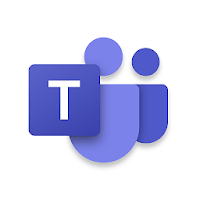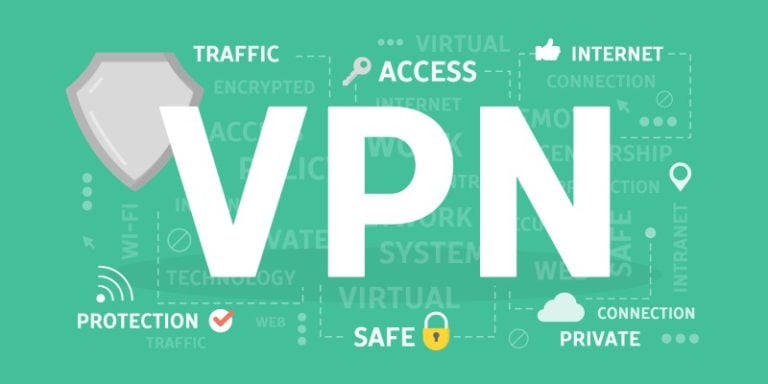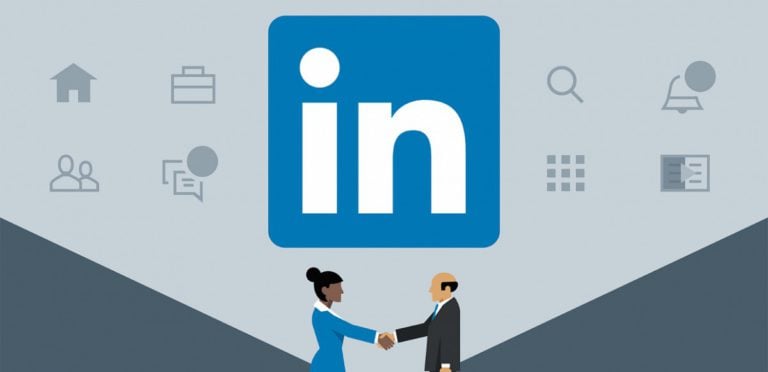How exactly the Metaverse of the future will look like is still unknown. But even individual building blocks create exciting opportunities and challenges in the form of trends.
People are investing in their digital identities and digital experiences, with players like Roblox or the blockchain-based metaverse of Decentraland providing a first glimpse of what the future might look like.
Analysts at CB Insights estimate that if technical challenges can be overcome, enough scaling is possible, and digital worlds reach a wide audience, the Metaverse could become a trillion-dollar market. dollars. Meta (Facebook) also expects the Metaverse to contribute more than $3 trillion to the global economy by the end of the decade. Other proponents of the Metaverse are even more optimistic, predicting that by 2030 the corresponding figure will be about $30 trillion.
Workplace Metaverse
The first area where the Metaverse finds practical use is in workflow. Accelerating this trend, the shocks caused by the pandemic: companies have become more flexible about where and when employees contribute to achieving goals, developing products and delivering services. And it also expands the personnel reserve. Out of this situation, the consulting giant Accenture, already during the pandemic, began to introduce thousands of new employees to the company and their tasks in their own metaverse.

In the metaverse, new Accenture employees meet avatars of their colleagues and take virtual training courses, such as cybersecurity. During the pandemic, 60,000 employees around the world were equipped with virtual headsets to be able to use the full potential of virtual worlds. There are virtual analogues of offices and the One Accenture Park educational campus. In 2022, Accenture plans to welcome 150,000 new employees to the company through a virtual office.

A well-designed virtual world can not only simplify the adaptation and training of international teams. The Metaverse can also overcome some of the hurdles of hybrid workplaces, such as the challenges of meeting employees who are in the office with employees who work from home or remotely. There are currently two major players vying for this area: Meta and Microsoft.
The 2 Main Metaverse Workspace Providers
Starting August 2021, Meta allows companies using the Horizon Workrooms solution to host virtual meetings using Oculus Quest 2 VR headsets. There, employees can share their device screens, take notes, and use a whiteboard. Team members who don’t have access to a headset can join meetings using video.
Microsoft has also added a Metaverse component to its Teams platform. Mesh is a mixed reality feature that allows for virtual avatar encounters. Microsoft’s goal is to use artificial intelligence to convey mouth movements, facial expressions and gestures to avatars. In the future, opportunities are also planned for virtual simulation of realistic office spaces or the creation of completely new such locations. Accenture also uses Microsoft technologies.

Then there will be not only trainings and meetings, but also in some cases in the future, networking and extra-work events for international teams and partners can be held in the Metaverse. At the same time, this real technology can help reduce management’s anxiety about working remotely.
More realistic images of colleagues
But there are critics of the new technology, and not everyone is convinced that employees feel comfortable in game worlds that still strongly resemble computer games. One solution could be holograms that allow for more realistic images of people – one of the providers is Imverse.
Skeptics also see interoperability between different platforms as a problem. Especially early adopters of a platform run the risk of starting over in a different virtual desktop if their site doesn’t support new services or tools. Microsoft and Meta have recognized this and announced the integration of Teams into the Meta Workplace in late 2021, a partnership that could possibly continue across the Metaverse.



